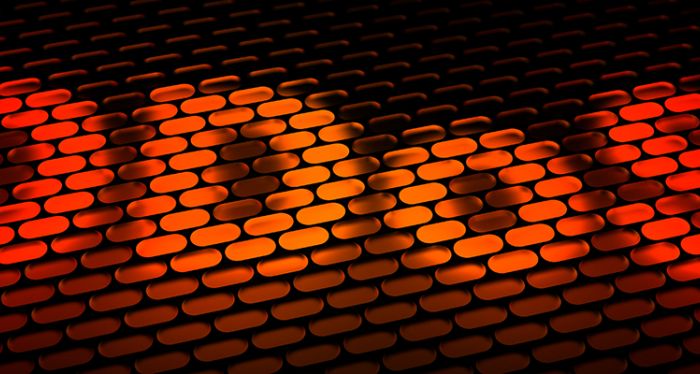DDoS Attacks In 2016
Views, News & more

The dreaded distributed denial of service (DDoS) hit the headlines in 2016, thanks to a rise in attacks, new, sophisticated ways of conducting them and some embarrassing website downtime for some very big names.
Simple to run and easy to execute, DDoS attacks are becoming the new normal for firms of all shapes and sizes. We take a look at some of last year’s most high-profile hits.
What Is A DDoS Attack?
A distributed denial of service attack is where a network of computers infected with malware bombard a server with traffic until it collapses under the strain. Successful DDoS attacks can take a website down completely, resulting in lost sales or a rise in bandwidth costs.
3 Big DDoS Attacks Last Year
The daddy: Dyn
21st October 2016 will be remembered for what most experts agree to be the largest DDoS attack in history. It knocked offline a host of well-known, household names including Twitter, Netflix, Spotify and many more. To give you some idea of the scale, Twitter alone has more than 300 million users every month. Wowsers.
The DDoS attack, which affected internet in the US and Europe, is regarded as one of the smartest ever executed. Those behind it utilised a botnet called Mirai, plucked from the dark web - and they didn’t target the websites directly. Instead, they hit Dyn, a firm which controls a large chunk of the web’s domain name infrastructure.
Now, while most DDoS attacks use botnets made up of computers, Mirai is, for the most part, made up of internet of things (IoT) devices like digital cameras. This meant the attack was able to call on a large number of internet-connected devices to help it conduct the DDoS - around 100,000, it’s thought - way more than in a standard attack.
In the wake of the attack, Dyn’s chief strategy officer Kyle York said: “It’s a very smart attack. As we mitigate, they react.” Quite.
The BBC
At the turn of the year all of the BBC’s websites went down because of a large DDoS attack. Instead of reading news or watching content on iPlayer, visitors instead saw an error message. While initially saying the outage was caused by a “technical issue”, the BBC later suggested it was a DDoS attack.
A group called New World Hacking later claimed responsibility for the attack.
Clinton and Trump
Hackers targeted the websites of Donald Trump and Hillary Clinton in the run-up to last year’s presidential election. In April, a collective known as Anonymous conducted a DDoS campaign against Trump, attempting to take down a number of his websites. Later, as we drew closer to election day, another group used a Mirai botnet, just like the Dyn attack, to target the campaign websites of both politicians.
While Anonymous hoped its attack would end Trump’s campaign, it didn’t quite work out that way.
If you have a question about how to protect your business against DDoS attacks? Contact us today at info@hso.co.uk
Get in touch
020 7847 4510
We may process your personal information in order to send you information you request, measure and improve our marketing campaigns, and further our legitimate interests. For further details, see our privacy policy.
Contact us
-
- Head Office:
- hSo, 50 Leman Street, London, E1 8HQ
- Switchboard:
- 020 7847 4500
- Support (24x7):
- 0333 200 3337
- support@hso.co.uk
- Marketing & Sales:
- 020 7847 4510
- info@hso.co.uk

















